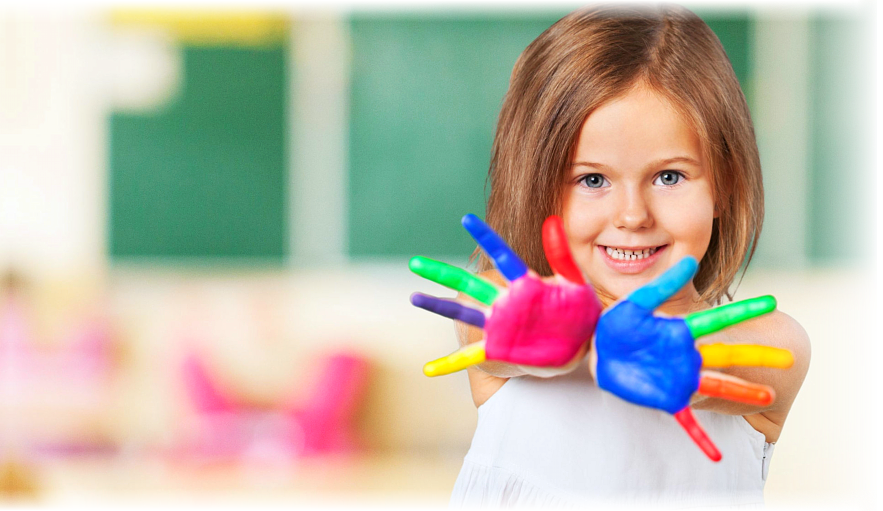
Moving Past Forced Apologies
by Amber Rogers, Ed.S. NCSP, Founder/CEO Palmetto Preschool
Greetings, fellow parents! We’ve all encountered those moments when our little ones clash with their buddies at preschool or daycare. It’s second nature to encourage them to apologize right away, believing we’re instilling good manners. But here’s the twist: a fresh perspective suggests that perhaps we should reconsider forcing kids to apologize. Let’s delve into why experts are embracing the idea of allowing kids to find their own path to sincere apologies.
1. Grasping the Essence of Apologies
Apologies are like emotional anchors – they show empathy, accountability, and a touch of regret. However, it’s crucial to remember that our kids are still navigating the realm of emotions. Insisting on an apology without genuine feelings might not yield the results we’re aiming for. Instead, we can assist them in understanding the concept of acknowledging mistakes and comprehending why a heartfelt apology holds significance.
2. Valuing Authenticity Over Obligation
Kids have an uncanny ability to spot authenticity in actions. They can tell when a “sorry” is forced versus when it’s heartfelt. If we push them to say sorry mechanically, we could inadvertently teach them that apologies are merely a verbal formality, rather than a genuine expression of remorse. By allowing them to grasp the impact of their actions, we’re fostering authenticity and emotional growth.
3. Cultivating Emotional Intelligence
An apology is more than just uttering those two words. It involves understanding how actions affect others. Rather than dictating an apology, why not engage them in a conversation about the situation? Encourage them to reflect on what happened, how it made everyone feel, and brainstorm ways to handle similar scenarios better next time. This approach nurtures emotional intelligence, enabling them to grasp others’ feelings and develop effective conflict resolution skills.
4. The Empowerment of Choice
At any age, having a say feels empowering. Children are no exception. Forcing them to apologize strips them of their agency in the situation. Instead, let’s guide them, share our perspectives, and empower them to decide how they want to make amends. This not only respects their emotions but also teaches them to take responsibility for their actions.
5. Emphasizing Restitution
A true apology often involves making things right. Instead of a mere verbal “I’m sorry,” encourage them to consider ways to mend the situation. This could involve helping their friend, creating something positive, or contributing positively to their environment. This practice imparts the idea that actions hold consequences and that they possess the ability to rectify their missteps.
In our journey as parents, we strive to raise empathetic and socially adept individuals. While the notion of refraining from compelling children to apologize may seem unconventional, it aligns with contemporary insights into child psychology and emotional development. By nurturing genuine empathy, emotional intelligence, and a sense of responsibility, we’re equipping our children to become compassionate, self-aware individuals who recognize the true value of a heartfelt apology.




Leave a Reply